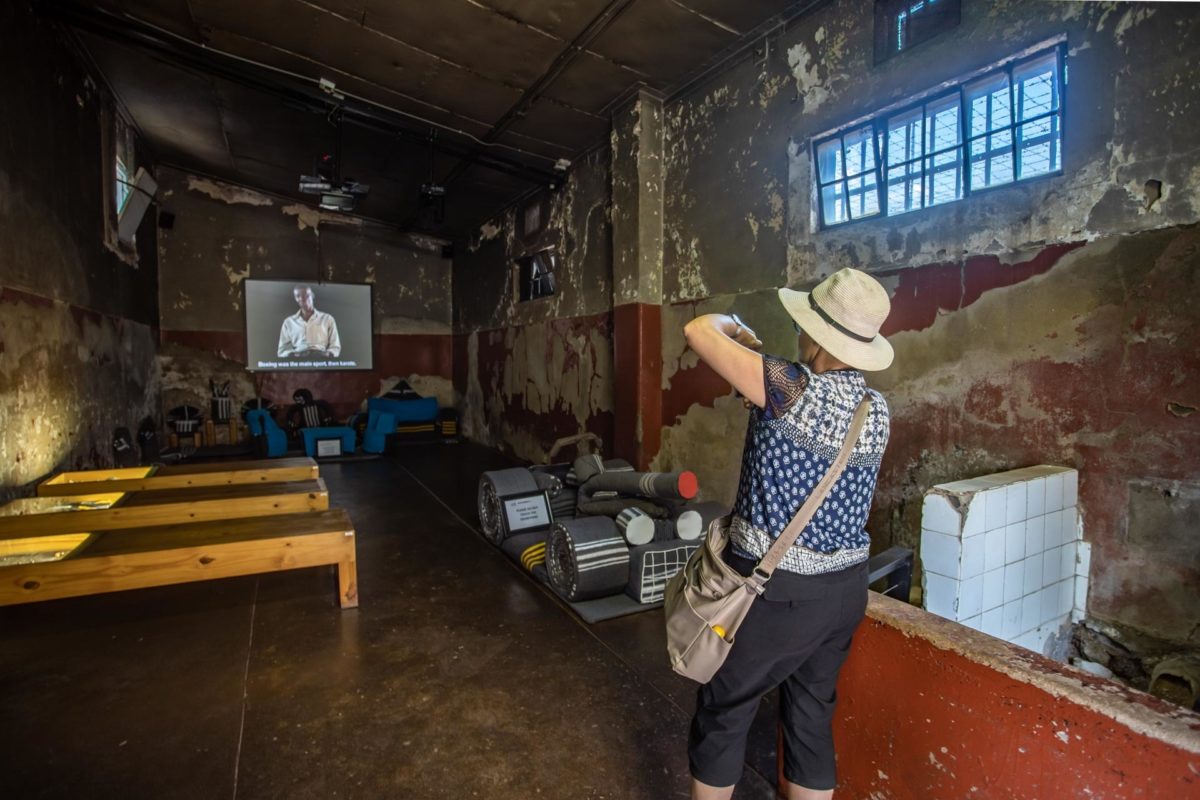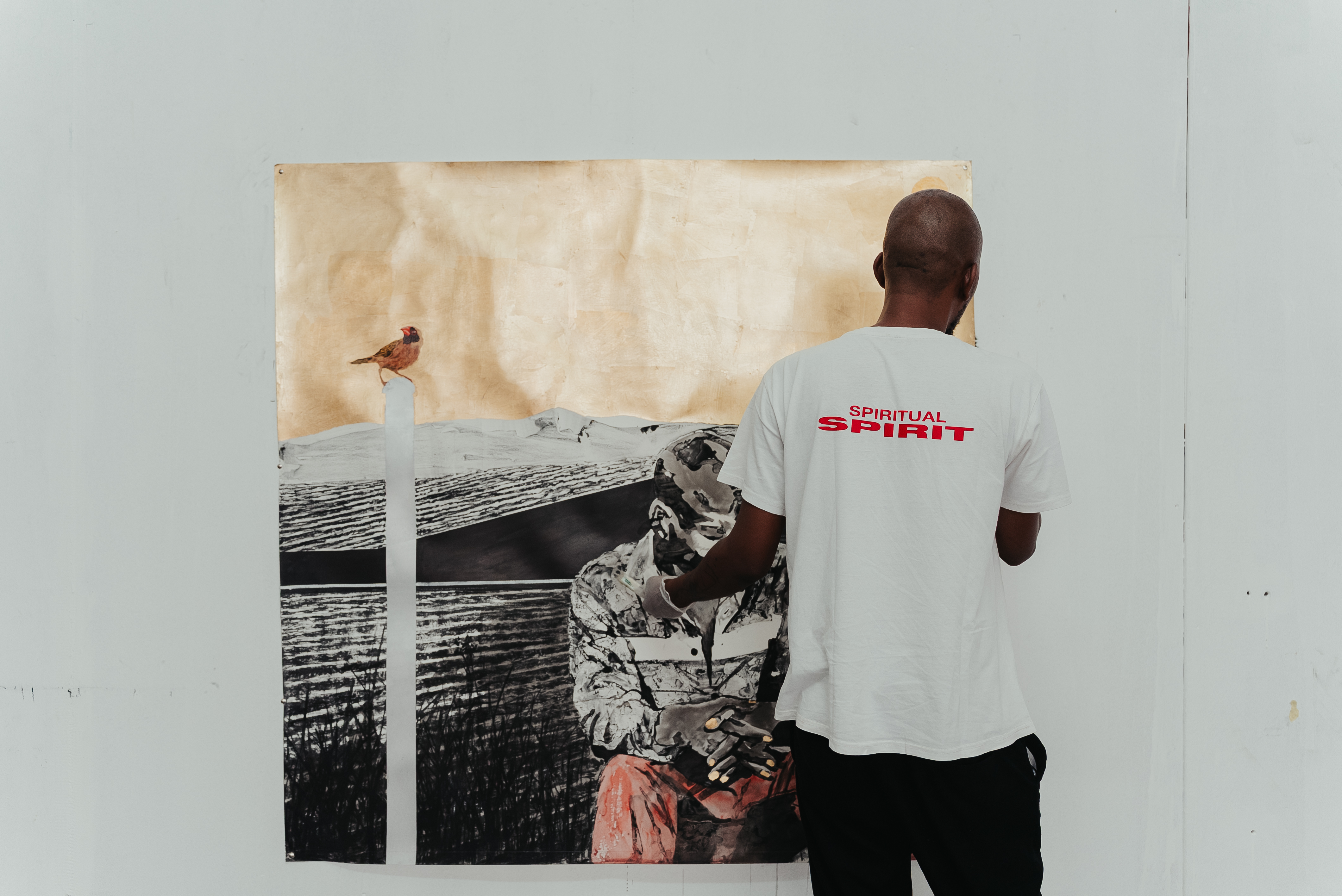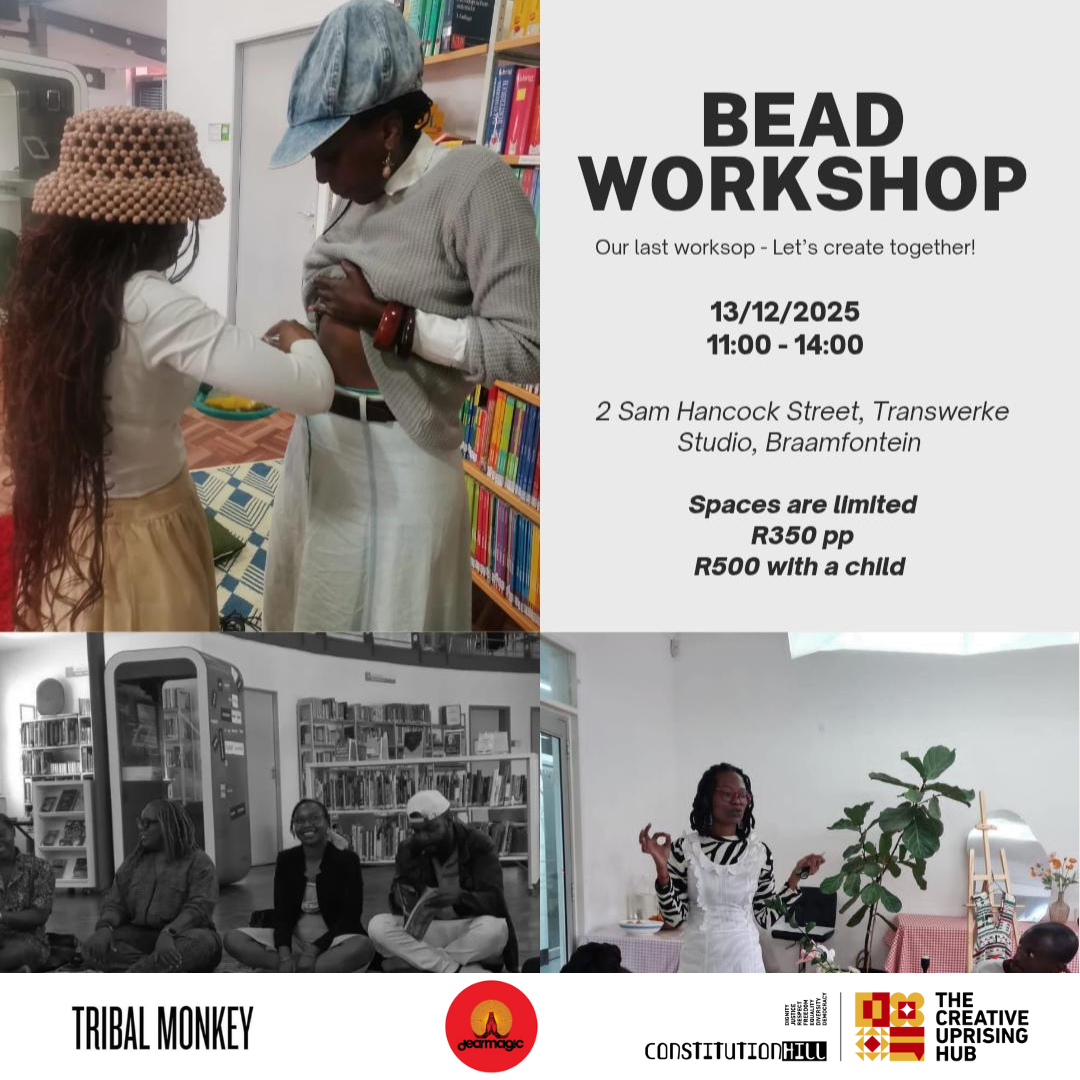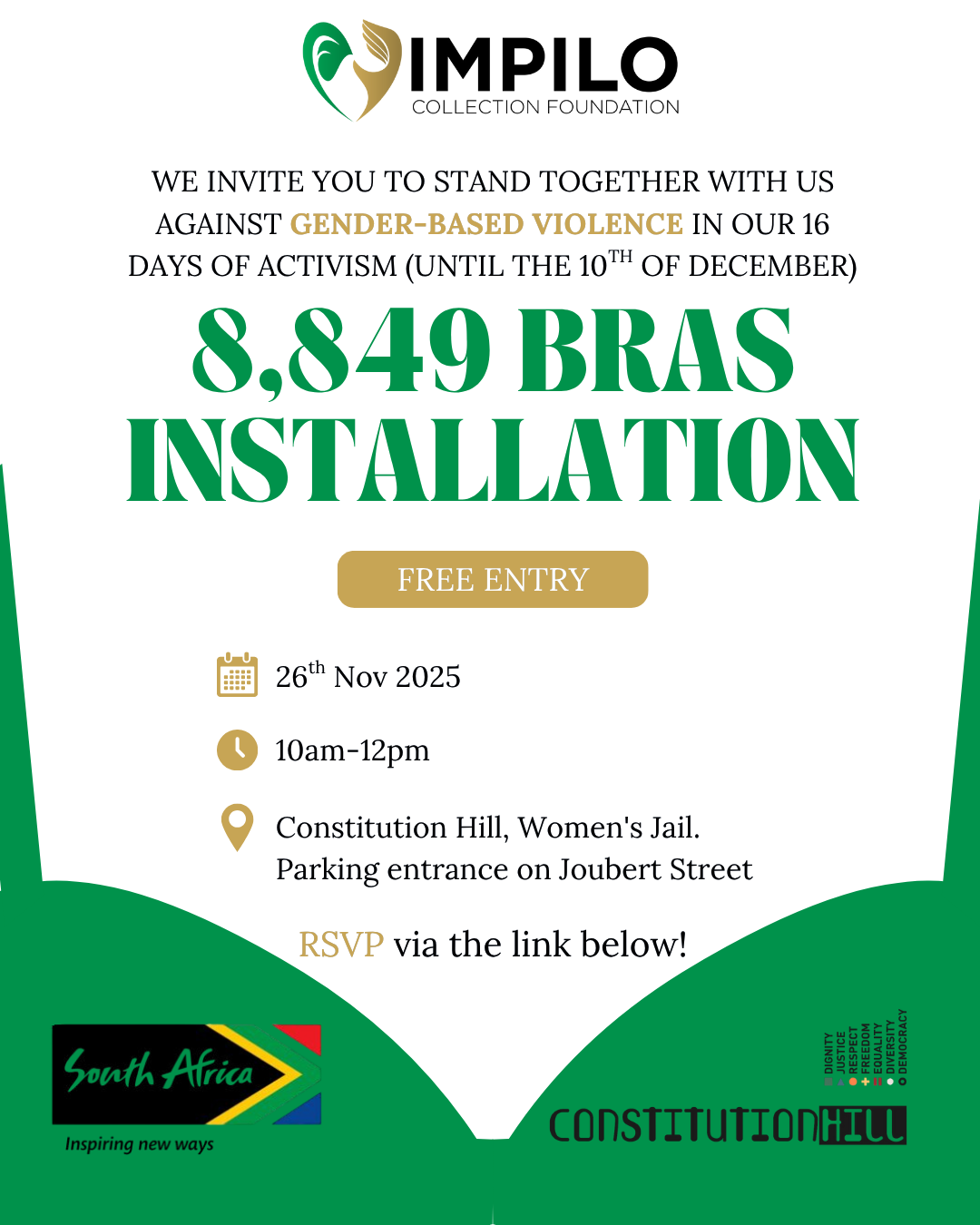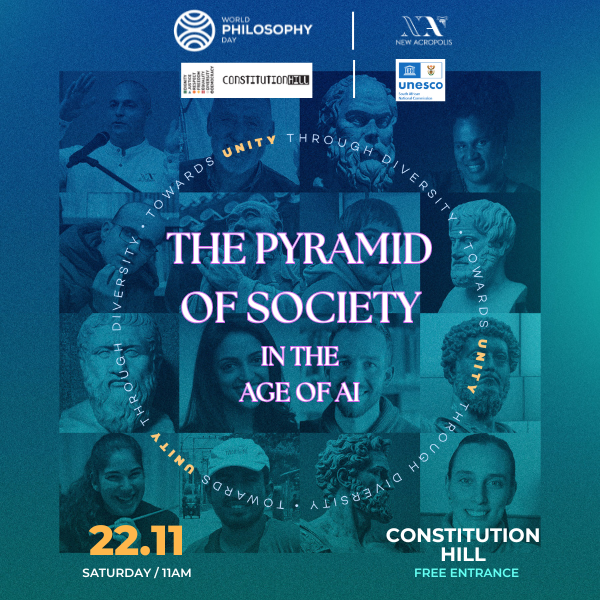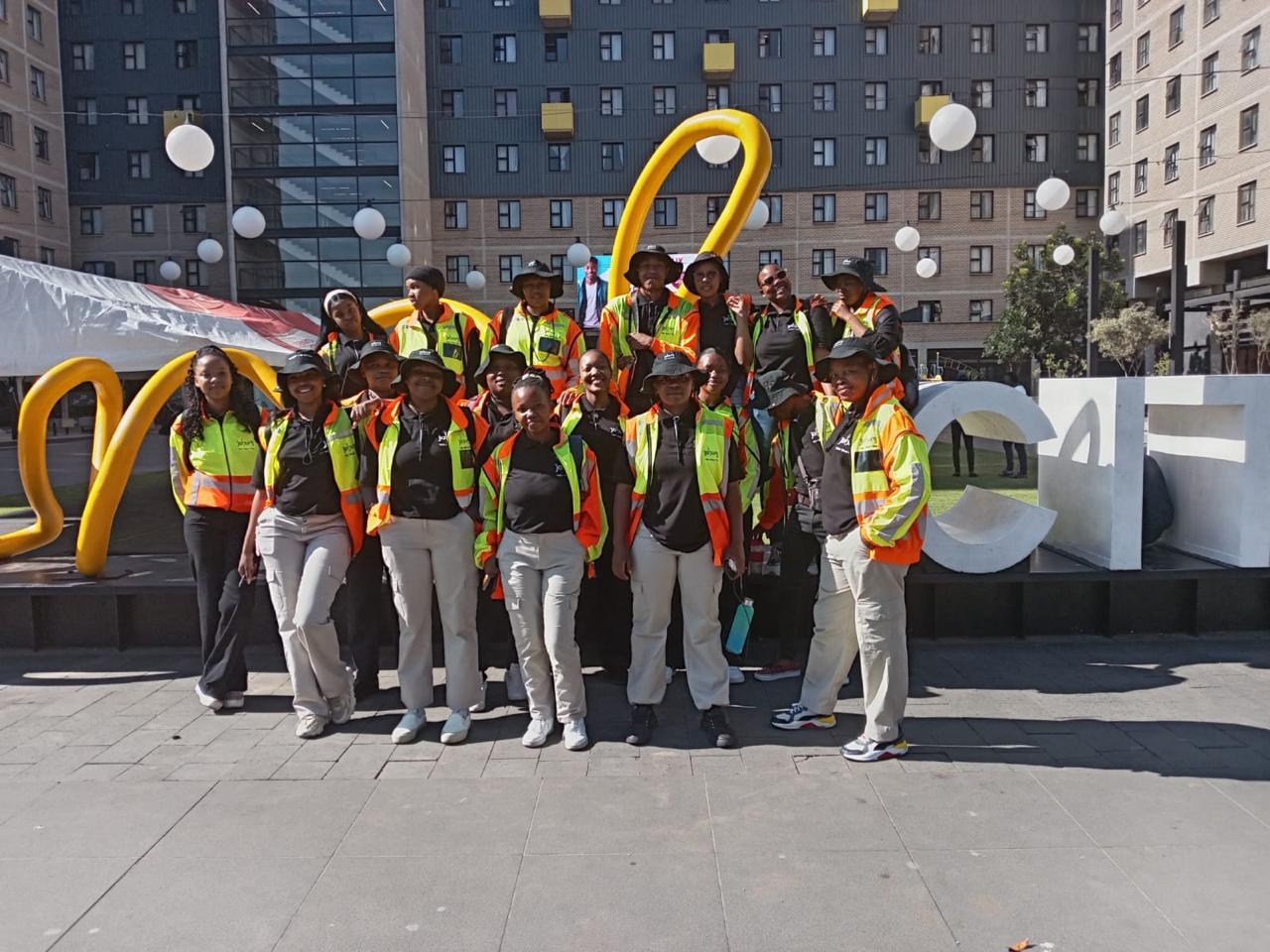
Rejoyce Motaung
In post-apartheid South Africa, the 16 Days of Activism against Gender-Based Violence (GBV) and Child Abuse campaign holds particular significance due to the historical legacy of violent apartheid and the ongoing need for comprehensive societal healing. The scars of the past manifest in various forms, and it is important to consider the root causes to violent behaviour and GBV when thinking of solutions to a crisis facing a traumatized society. The 16 days campaign provides a platform to address not only the visible manifestations of violence and abuse but also the deeply ingrained societal norms that perpetuate gender-based violence.
To change this, everyone in society must play their role.
Men, as pivotal agents of change, must assume a leading role in this campaign. By challenging toxic masculinity and promoting positive, respectful behaviour, men can actively contribute to the dismantling of harmful stereotypes and norms. It is essential to redefine notions of strength and vulnerability, encouraging men to become allies in the fight against abuse.
But how can this be achieved if the majority of families do not have positive male figures?
In 2019, Statistics SA reported that only 4% of children under the age of 17 lived with their father. A reality that can be traced back to apartheid South Africa as a result of economic migration. And with early pregnancy currently on the rise, single-parent households can face unique challenges that impact boys, potentially contributing to behavioural issues, including violent tendencies. Research suggests that the absence of a father figure in such households may be a contributing factor to the development of violent behaviour in boys. Studies, such as the work of Harper and McLanahan (2004), have indicated that boys raised in single-parent households, particularly those without a positive male role model, may lack essential guidance in terms of forming a healthy masculine identity. The absence of a father figure can sometimes lead to a void that boys attempt to fill, and without proper guidance, they may turn to negative influences or adopt aggressive behaviours as a misguided means of asserting themselves, thus perpetuating harmful societal norms. Furthermore, a report by Anderson, Kohler, and Letiecq (2005) highlights that boys growing up without a consistent male presence may struggle with issues related to self-esteem and emotional regulation as the need for male affirmation and mentorship is crucial during formative years, and the absence of this support system may result in a heightened susceptibility to engaging in violent behaviours as a way to cope with emotional challenges.

Consequently, there is a need for targeted interventions and support systems by society and the government to address the potential consequences of growing up in a single-parent household.
In the context of the 16 Days of Activism campaign, acknowledging these dynamics is crucial.
Community efforts, including those of the government, should be made to provide resources and support to single-parent households, ensuring that boys have access to positive male role models and mentorship programs where they’ll learn emotional regulation and other coping mechanisms that do not lead to violent behaviour. By addressing these challenges at their roots, the campaign can contribute to breaking the cycle of violence and fostering healthier, more supportive family structures.
Women, too, play a crucial role in supporting this paradigm shift. Within the family structure, women can foster an environment that nurtures empathy, communication, and respect. By breaking down traditional gender roles and promoting equality within households, women contribute significantly to the prevention of future acts of abuse. Empowering boys and men from an early age with a foundation of mutual respect and understanding is key to breaking the cycle of violence.
Children, as both recipients and witnesses of behaviour within the family unit, are not passive observers. Education programs aimed at fostering healthy relationships, consent, and conflict resolution should be integrated into the school curriculum. Instilling these values from an early age equips the younger generation with the tools necessary to build a society rooted in respect and equality.
As a society, we are all collectively responsible for addressing and eradicating GBV, the 16 Days of Activism campaign serves as an annual rallying point that prompts reflection on the progress made and the work that lies ahead. By addressing the root causes and actively involving men, women, children, and the government; South Africa can pave the way for a future where every individual can live free from the shadows of abuse.
Take Amnesty International South Africa’s pledge to #InterruptGBV and empower yourself by taking a course on sexual consent here. You can also find the consent toolkit here for offline use.
Families and parents are key to well-being of children
Early pregnancy in South Africa is a crisis.
Harper, C., & McLanahan, S. (2004). Father Absence and Youth Incarceration. Journal of Research on Adolescence, 14(3), 369–397.
Anderson, K. G., Kohler, J. K., & Letiecq, B. L. (2005). Family structure, family processes, and adolescent delinquency: The significance of parental absence versus parental gender. Journal of Research in Crime and Delinquency, 42(4), 399–425.


 +27 11 381 3100
+27 11 381 3100
